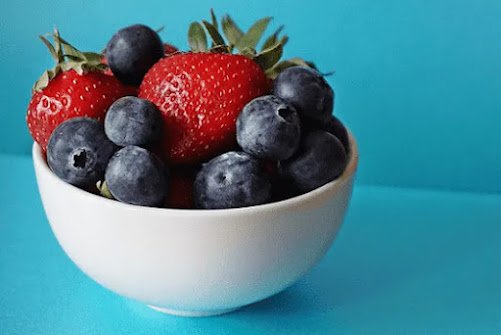How Vitamin C Helps Seniors Maintain Strong Bones
When it comes to bone health, calcium and vitamin D usually steal the spotlight. But vitamin C plays an equally important role in keeping bones strong, flexible, and resistant to fractures. As the body ages, maintaining bone density becomes more challenging, making it essential to include bone-supporting nutrients in a daily routine.
At assisted living Phoenix, residents looking to maintain mobility and independence are often encouraged to focus on nutrition as a key part of bone health. Vitamin C is one of those often-overlooked nutrients that can make a big difference.
The Connection Between Vitamin C and Bone Strength
Bones are made up of more than just calcium—they rely on collagen, a protein that provides structure and flexibility. Without enough vitamin C, the body struggles to produce collagen, leading to weaker bones and an increased risk of fractures. Studies show that people with higher vitamin C intake tend to have greater bone density and better overall joint function.
Another major benefit of vitamin C is its role in reducing inflammation. Chronic inflammation can contribute to bone loss, especially in conditions like osteoporosis and arthritis. As a powerful antioxidant, vitamin C helps protect bones from damage and supports the body’s natural repair processes.
Best Food Sources of Vitamin C for Seniors
Getting enough vitamin C doesn’t have to be complicated. Many delicious, everyday foods provide a generous amount of this essential nutrient.
Citrus fruits like oranges, grapefruits, and tangerines are classic choices, but they’re not the only options.
Strawberries, kiwis, and pineapples offer a sweet way to boost vitamin C intake.
Bell peppers, tomatoes, and broccoli are great options for those who prefer savory flavors.
Leafy greens like spinach and kale provide a double benefit—vitamin C plus bone-strengthening vitamin K.
At senior living Phoenix, incorporating vitamin C-rich foods into meals is an easy way to support overall bone health. A fresh fruit salad, a glass of orange juice, or a side of roasted bell peppers can all help strengthen bones over time.
How Much Vitamin C Do Seniors Need?
For most adults in senior apartments the recommended daily intake of vitamin C is around 75-90 mg, but seniors may benefit from slightly higher amounts due to the body’s changing ability to absorb nutrients efficiently. While supplements are an option, whole foods are the best way to get vitamin C since they provide additional nutrients that support overall health.
It’s important to note that while vitamin C is water-soluble (meaning the body flushes out any excess), too much can lead to digestive discomfort. Staying within recommended levels ensures the benefits without unwanted side effects.
The Bigger Picture: A Well-Rounded Approach to Bone Health
Vitamin C is just one piece of the puzzle when it comes to keeping bones strong. Regular weight-bearing exercise, proper hydration, and a balanced diet rich in calcium, vitamin D, and magnesium all contribute to better bone health.
